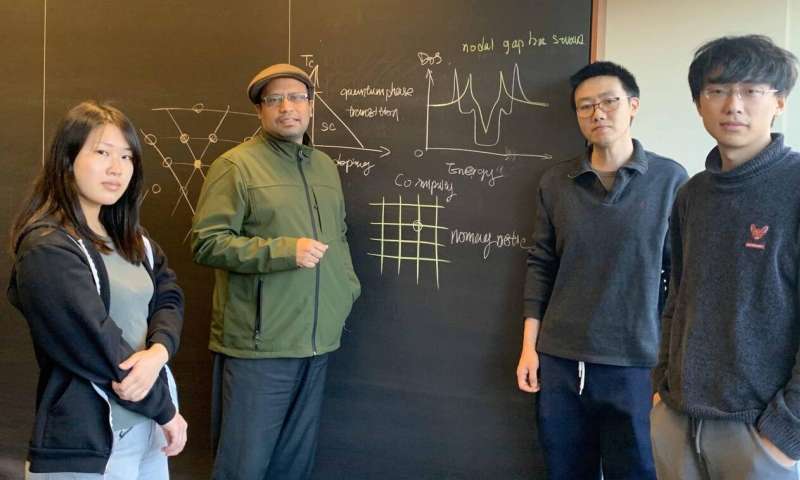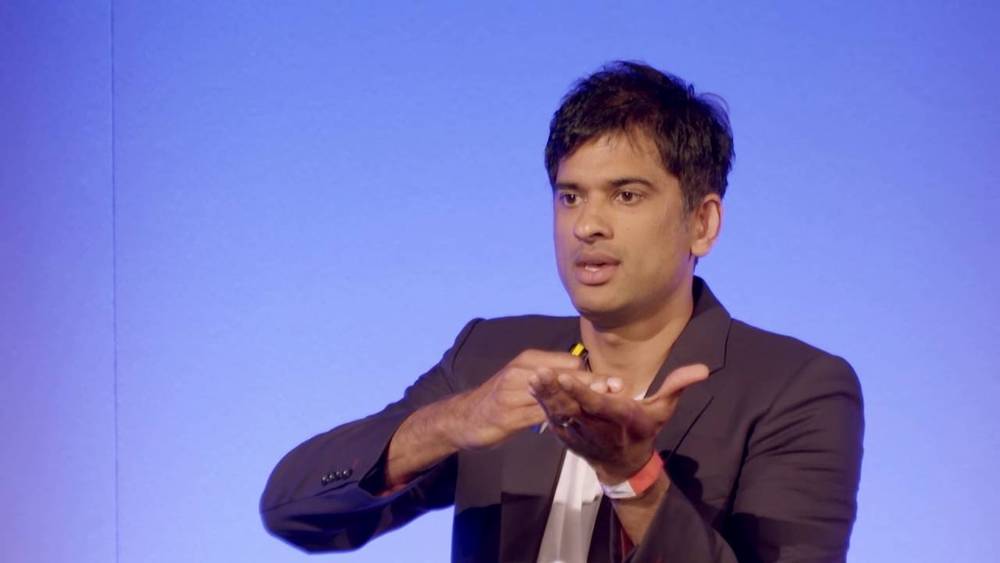Nov 25, 2019
Tim Berners-Lee launches Google and Facebook-backed plan to fix the web
Posted by Genevieve Klien in category: internet
Tim Berners-Lee, the inventor of the world wide web, has officially launched the Contract for the Web, a set of principles designed to “fix” the internet and prevent us from sliding into a “digital dystopia,” The Guardian reports. The contract lists nine core principles for governments, companies, and individuals to adhere to, including responsibilities to provide affordable, reliable internet access and to respect civil discourse and human dignity.
At launch, the initiative has received the backing of over 150 organizations, including tech companies such as Microsoft, Google, DuckDuckGo, and Facebook, and nonprofit groups such as the Electronic Frontier Foundation. The Guardian initially reported that Amazon and Twitter were absent from the list of backers, however as of November 25th, Twitter’s logo has appeared on the Contract’s homepage. Twitter’s increasing role in political discourse was recently brought into sharp focus after it chose to ban political ads on its platform, citing the “challenges to civic discourse” that they create.
The contract’s launch comes as tech companies such as Facebook and Google have faced mounting pressure around both the amount of user data they collect, and the ways in which they collect it. The Contract for the Web includes principles designed to prevent this, including a requirement for companies to respect people’s privacy and personal data. If companies do not show that they are working to support these aims they risk being removed from the list of the project’s endorsers.


















